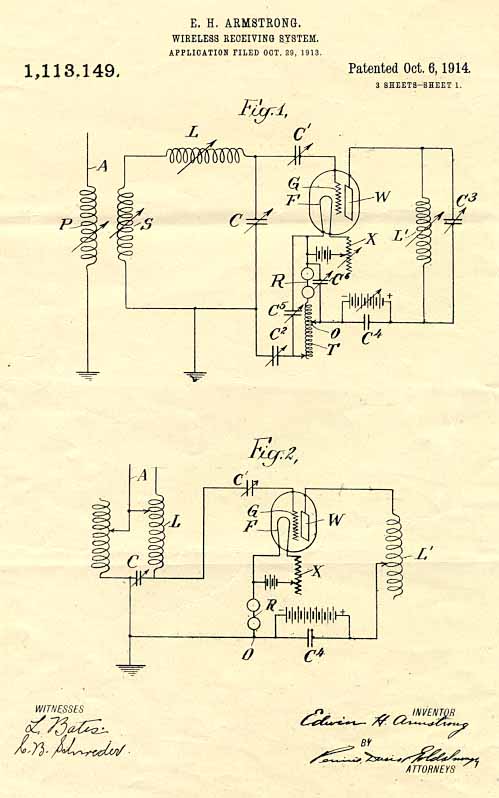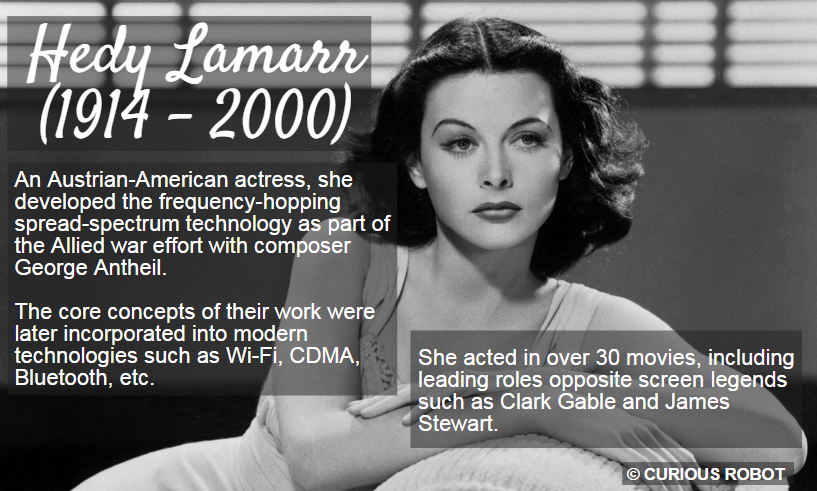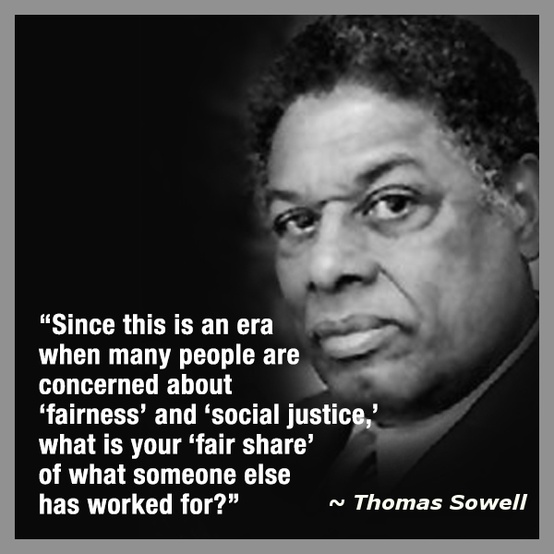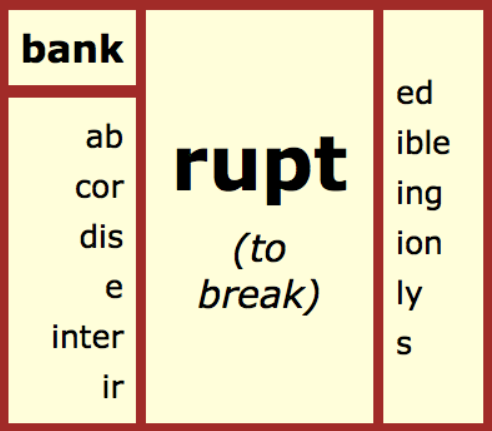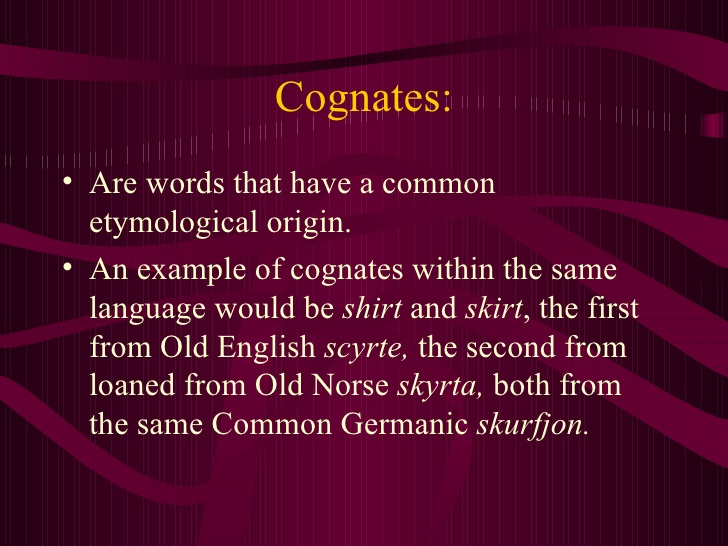By: Chris Warren.
The news media has been covering the American election process 24×7, with way more attention to Donald Trump than is necessary. In particular, they talk a lot about how Trump is going to ruin the world. He isn’t, but that’s another blog article. Quietly buried in the side stories is something with the potential to be far more ruinous than any politician: An American pizza chain wants to expand into Italy.
I absolutely do not comprehend other nations’ fascination with American chain restaurant food. Even my friends from other countries can’t get enough of it. My buddy from the Philippines begs me to take him to…Olive Garden? My other friend who came here from India thinks Red Lobster is America’s greatest contribution to culinary culture. I’m not kidding.
The rest of the world may not believe it, but we actually do have “real” food in the United States. So why would someone come all the way over here and ask for Pizza Hut? It’s a real WTF? moment. My Filipino friend was not dissuaded when I explained to him that in the United States, Olive Garden is more famous as the punchline of a joke than it is as a place for authentic Italian food.
So I was not surprised to hear that Domino’s Pizza is entering the Italian market. And by “Italian” I mean the adjective referring to the geographical country, not the food genre. Anyone who has ever eaten Domino’s Pizza will understand why I need to make that distinction.
All indicators say that the Italians will fall for the pizza scam. American chain restaurant food is a big deal in Europe, so I’m told. When Dunkin’ Donuts opened its first franchise in Sweden, the locals went nuts over it and even waited in long lines for their 400 calories (give or take) of sugary, grease-fried, carbohydrated American goodness. They give us IKEA, we give them diabetes.
A Domino’s Pizza in Italy is a whole different level of crass. Yes, it bothers me that they think it’s authentic “American food.” Uncle Pete’s Pizza in Naperville, Illinois, was one of my regular stops when I was a teenager and is still there to this day. It’s been in the same location for over thirty years, and they have never gotten any greedy ideas about expanding or selling out. It is a chain with one single link. You cannot get anything like it, anywhere else.
Originality is the hallmark of any culture, and Uncle Pete’s is just one original in a huge gallery of masterpieces. Every American neighborhood used to have its own version of Uncle Pete’s until corporate pizza drove them to extinction. Now the world is being overrun with low end industrial grade grub being passed off as down home American fare.
If you want to see the Mona Lisa, then you have to go to the Louvre in Paris. No one considers a print of the Mona Lisa to be the real deal, nor would anyone travel a great distance and wait in line to see one. Yet with food it seems everyone is willing to accept a much lower standard. Bad counterfeits are not only tolerated, they are celebrated. In a way I can’t blame the restaurant chains as they are only giving the customers what they want, or more accurately, what they are willing to settle for.
It’s puzzling, but if Italians want Domino’s Pizza, then who am I to tell them what to like? I must point out that it’s not authentically American any more than freakin’ Olive Garden is authentically Italian. I just don’t understand why the nation that gave us the Mona Lisa and real pizza would settle for a cheap knockoff when they already know what it means to be an original.


